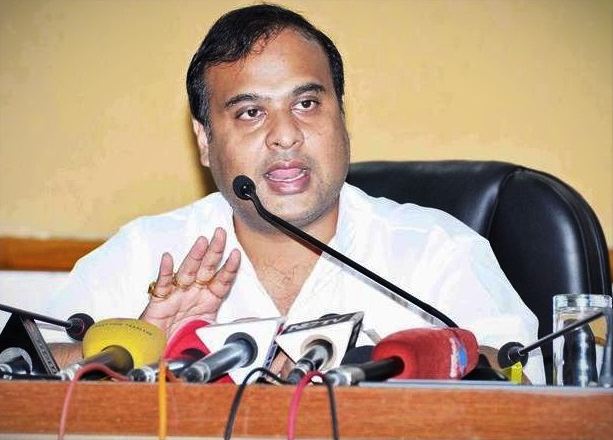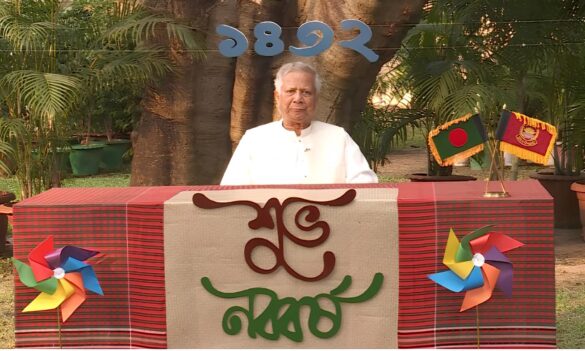In a move aimed at promoting legal uniformity and safeguarding against child marriage, Assam Chief Minister Dr. Himanta Biswa Sarma declared the government’s determination to introduce robust legislation targeting the prohibition of polygamy and the implementation of the Uniform Civil Code (UCC).
Addressing the state assembly on Monday, Sarma emphasised that the Uniform Civil Code is not rooted in religious doctrine but rather focuses on four pivotal subjects. The announcement comes following the recent decision in a cabinet meeting to repeal the Muslim Marriage and Divorce Registration Act, signaling a prelude to the introduction of the UCC.
He elucidated the key aspects of the UCC, highlighting provisions such as age restrictions for marriage, prohibition of polygamy for men, entitlement of women to parental property, and the requirement for registration of live-in relationships to ensure inheritance rights for offspring.
Asserting the transparent approach of his government, Sarma reiterated the commitment to bringing the UCC through legitimate channels, dispelling any notions of clandestine methods. Notably, the Uttarakhand Assembly’s passage of a similar bill on February 7 laid the groundwork for Assam’s forthcoming legislation.
Acknowledging concerns regarding tribal communities, the chief minister assured exemptions for them from the proposed law, aligning with the principles of inclusivity. He dismissed opposition conjectures regarding ulterior motives behind related bills, emphasizing the government’s intent to eradicate non-scientific healing practices and combat child marriage effectively.
Opposition objections regarding the ‘Assam Healing (Prevention of Evil) Practices Bill, 2024’ were met with clarifications from Sarma, who underscored the necessity to distinguish between traditional customs and practices driven by malicious intent. While the Congress and AIUDF withdrew their amendments following the Chief Minister’s response, Independent MLA Akhil Gogoi continued to raise concerns regarding the clarity of defining ‘evil practices’ within the bill.







